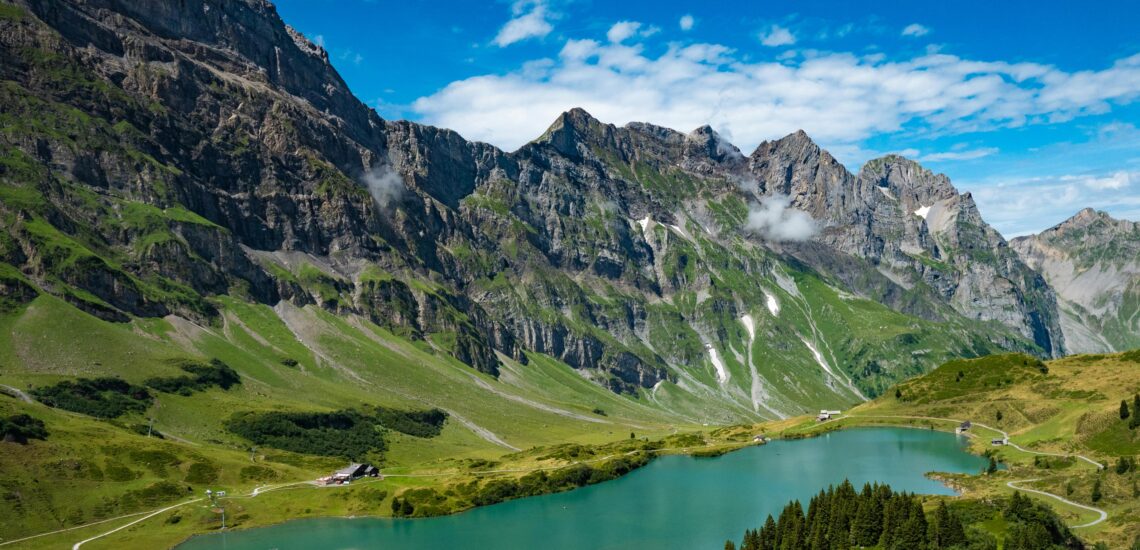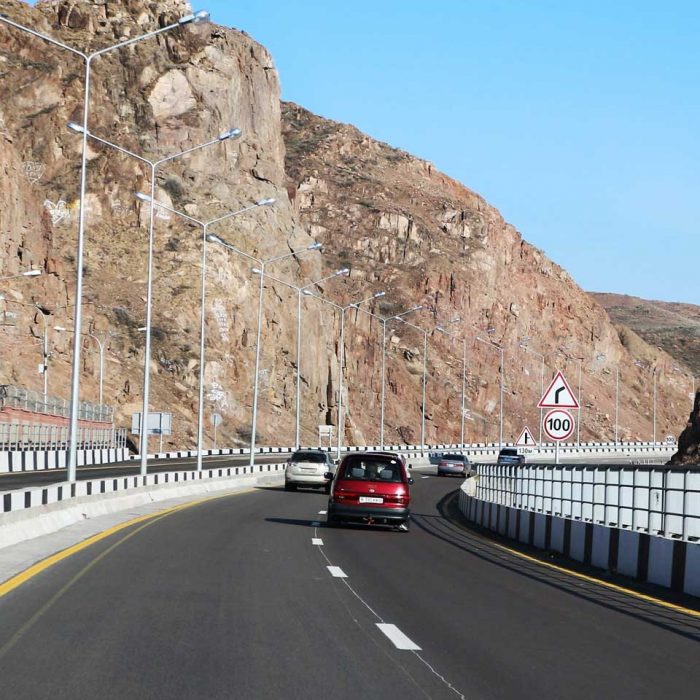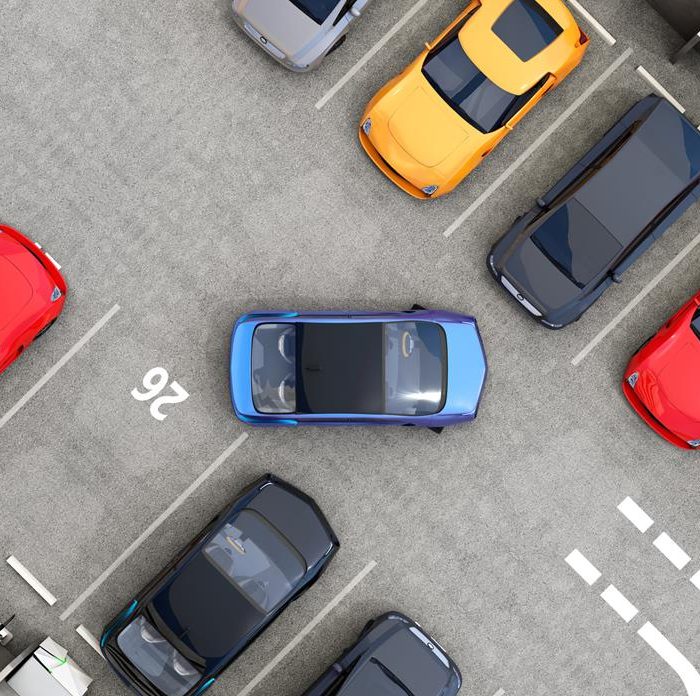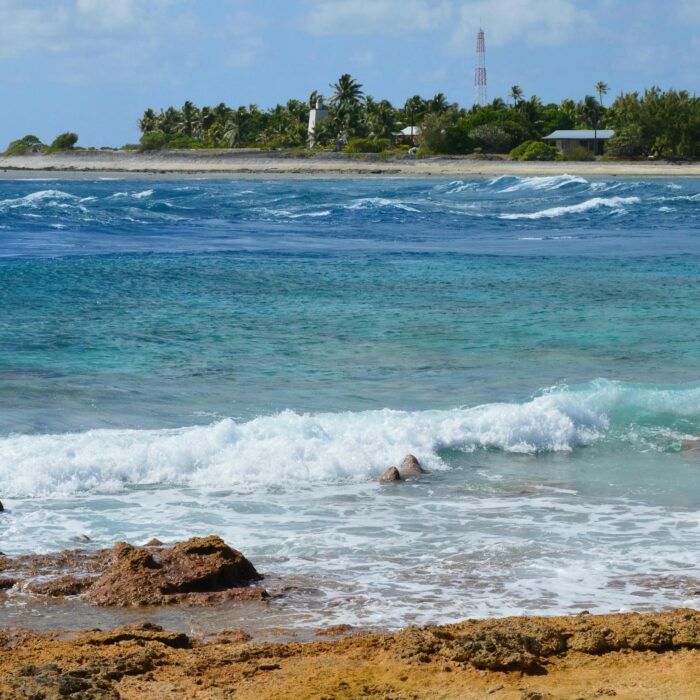Quick facts about Switzerland:
- Location: Switzerland is a landlocked country in Central Europe.
- Capital: Bern.
- Population: Approximately 8.6 million people.
- Official Languages: Switzerland has four official languages: German, French, Italian, and Romansh.
- Currency: Swiss Franc (CHF).
- Neutrality: Switzerland is known for its long-standing policy of neutrality, having not been involved in any military conflict since 1815.
Fact 1: The Alps cover most of Switzerland
A staggering 60% of Switzerland’s picturesque landscape is embraced by the Alps, creating an immersive alpine experience (That’s just under covering the Alps of Austria, see “10 Interesting Facts About Austria“). These towering peaks, valleys, and glaciers not only shape the country’s breathtaking scenery but also form a natural playground for winter sports, hiking, and other outdoor pursuits. The Swiss Alps stand as an integral part of Switzerland’s identity, inviting visitors to explore its diverse and awe-inspiring mountainous terrain.
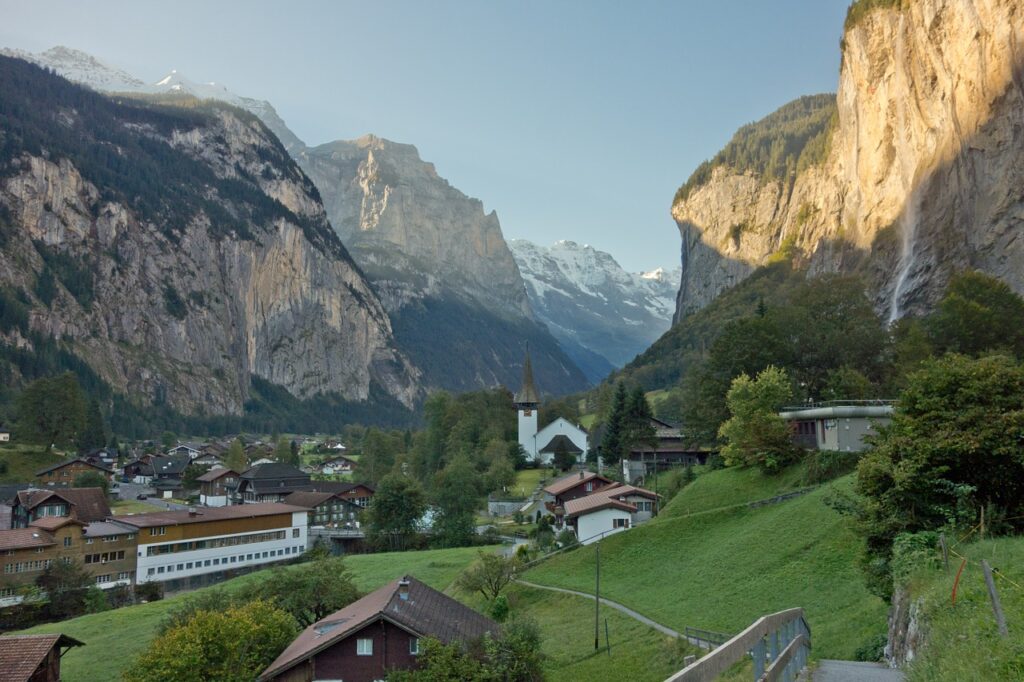
Fact 2: The famous CERN is located in Switzerland
Switzerland is home to CERN, one of the world’s largest and most prominent centers for scientific research in particle physics. Situated near Geneva, CERN’s Large Hadron Collider (LHC) is a groundbreaking facility that has played a pivotal role in advancing our understanding of fundamental particles and the universe’s basic building blocks. CERN’s international collaborations and groundbreaking experiments have positioned Switzerland at the forefront of particle physics research, making it a hub for scientists and researchers from around the globe.
Fact 3: Switzerland is the most innovative country in the world
Switzerland consistently earns recognition for its innovation prowess, ranking high in global indices measuring technological advancements, research and development, and overall innovation. With a robust economy and a strong emphasis on education and research, Switzerland has become a hub for cutting-edge technologies and scientific discoveries. The country’s commitment to innovation is evident in its thriving industries, research institutions, and a culture that fosters creativity and forward-thinking solutions. Switzerland’s standing as a global innovation leader reflects its ongoing contributions to various fields, including science, technology, and business.
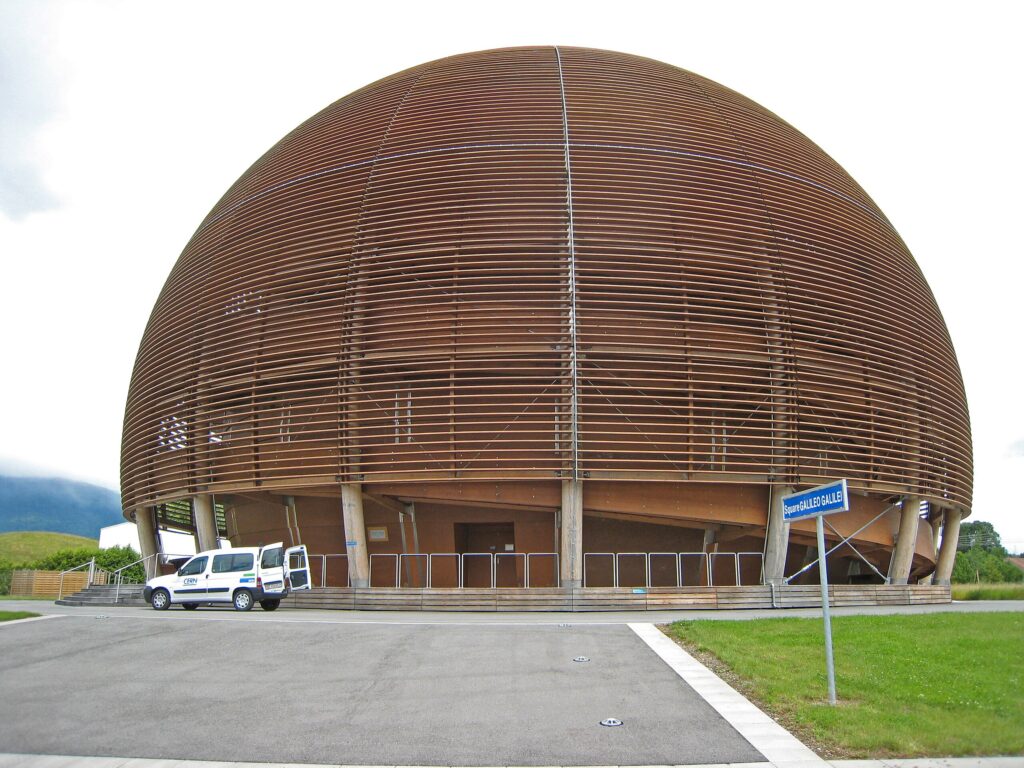
Fact 4: In Switzerland, people have the right to own guns
Switzerland has a long-standing tradition of firearm ownership deeply rooted in its history and culture. The Swiss government allows citizens to possess firearms for various purposes, including self-defense and sport shooting. The country’s unique system emphasizes responsible gun ownership, requiring individuals to undergo background checks and obtain permits for certain types of firearms. Despite the widespread ownership, Switzerland maintains relatively low gun-related crime rates, reflecting the country’s commitment to balancing individual rights with public safety. The Swiss approach to gun ownership is often cited in debates around gun control policies globally.
Fact 5: Switzerland’s banking system is considered to be the safest in the world
Switzerland has earned a reputation for its robust and secure banking system, characterized by stability, discretion, and stringent financial regulations. The country’s commitment to financial integrity and privacy has attracted clients from around the globe. Swiss banks are known for their emphasis on confidentiality, adherence to strict regulations, and a history of stability even in times of global financial uncertainty. This reputation has positioned Switzerland as a global financial center, with its banking institutions playing a key role in international finance.

Fact 6: Prices are very high in Switzerland
Switzerland consistently ranks among the countries with a high cost of living. The elevated prices are attributed to various factors, including a strong currency (Swiss Franc), high wages, stringent quality standards, and the country’s overall prosperity. Goods and services, including accommodation, dining, transportation, and daily necessities, often come at a premium compared to global averages. While the high prices reflect the country’s high living standards, they can also pose challenges for residents and visitors in managing their budgets. Switzerland’s reputation for quality of life is accompanied by the reality of a relatively expensive lifestyle.
Fact 7: Switzerland has 1,500 lakes
Switzerland boasts a stunning array of lakes, contributing to its picturesque landscapes. These lakes vary in size and are scattered across the country, nestled between the majestic Swiss Alps and rolling hills. Some of the most famous lakes include Lake Geneva, Lake Lucerne, Lake Zurich, and Lake Constance, each offering breathtaking views and recreational opportunities. The abundance of lakes adds to Switzerland’s allure, providing both locals and visitors with scenic destinations for outdoor activities, relaxation, and appreciation of the country’s natural beauty.
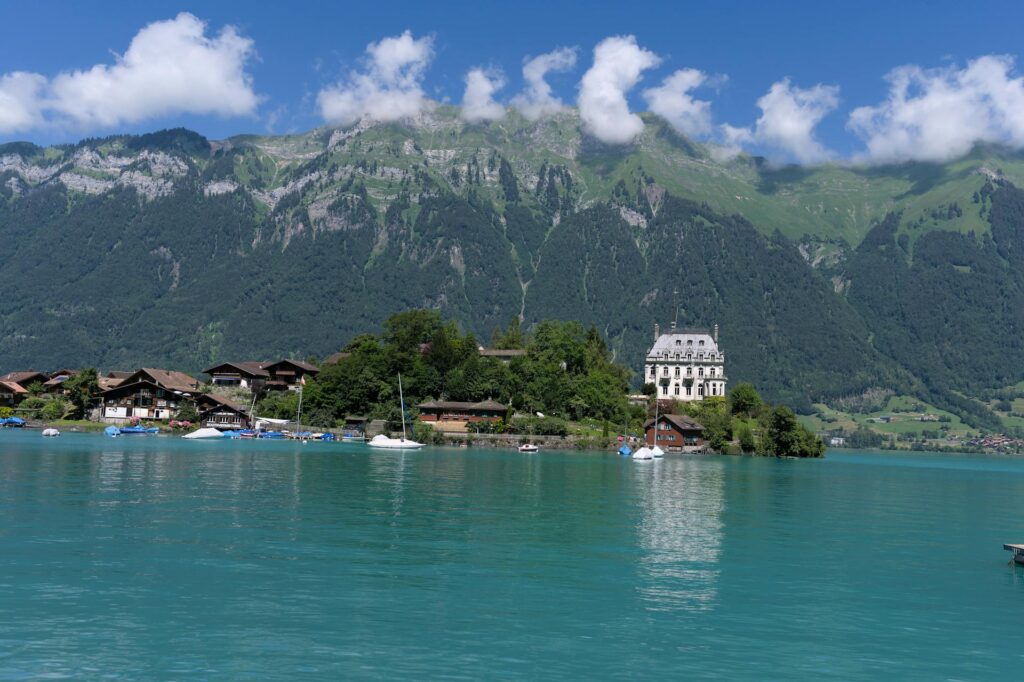
Fact 8: Switzerland is home to 13 UNESCO World Heritage sites
Despite its relatively small size, Switzerland boasts a remarkable cultural and natural heritage, as evidenced by its 13 UNESCO World Heritage sites.
- Abbey of St Gall: A Benedictine monastery with a rich cultural and architectural history, including its library, which is one of the oldest in the world.
- Swiss Alps Jungfrau-Aletsch: A stunning alpine region with towering peaks, glaciers, and unique biodiversity.
- Monte San Giorgio: Fossiliferous deposits revealing marine life from the Middle Triassic period.
- Lavaux, Vineyard Terraces: Steep vineyard terraces on the shores of Lake Geneva, showcasing centuries-old winemaking traditions.
- Rhaetian Railway in the Albula / Bernina Landscapes: A marvel of engineering, this railway traverses breathtaking landscapes in the Swiss Alps.
- Old City of Berne: The medieval old town of Bern, with well-preserved architecture, clock towers, and arcades.
- Prehistoric Pile dwellings around the Alps: Archaeological sites of ancient pile dwellings, offering insights into prehistoric communities.
- Matterhorn / Gotthard Base Tunnel: The iconic Matterhorn mountain and the longest railway tunnel in the world, showcasing engineering feats.
- Swiss Tectonic Arena Sardona: A geologically significant region displaying the process of mountain formation.
- La Chaux-de-Fonds / Le Locle, Watchmaking Town Planning: Cities with a rich watchmaking heritage, featuring planned layouts and horological craftsmanship.
- Benedictine Convent of St John at Müstair: A medieval convent with remarkable frescoes, representing Carolingian art.
- Three Castles, Defensive Wall, and Ramparts of the Market-Town of Bellinzona: A complex of fortifications showcasing the defensive architecture of Bellinzona.
- The Architectural Work of Le Corbusier, an Outstanding Contribution to the Modern Movement: This UNESCO site recognizes the architectural contributions of Le Corbusier, a pioneering modernist architect.
Note: If you plan to travel within the country, check if you need an International Driver’s License in Switzerland to drive.
Fact 9: Swiss chocolate is considered one of the best
Switzerland has earned a global reputation for producing high-quality chocolate renowned for its smooth texture, rich flavor, and meticulous craftsmanship. Swiss chocolatiers are celebrated for their dedication to using premium ingredients and adhering to traditional chocolate-making techniques. The country’s favorable climate for dairy production contributes to the exceptional quality of Swiss milk chocolate. The Swiss chocolate industry has a long history, dating back to the 19th century, and has become synonymous with indulgence and luxury. Swiss chocolate remains a sought-after treat, enjoyed both domestically and internationally.

Fact 10: Switzerland is the country with the longest neutrality in the world
Switzerland has maintained a policy of neutrality for an impressive span of time, making it an enduring symbol of diplomatic impartiality. The Swiss commitment to neutrality dates back to the early 19th century, and the country has not been involved in any military conflict since 1815. This longstanding tradition has contributed to Switzerland’s reputation as a mediator in international disputes and a hub for diplomatic activities. The Swiss dedication to neutrality is enshrined in its constitution, emphasizing the country’s commitment to peace, stability, and non-interference in global conflicts.
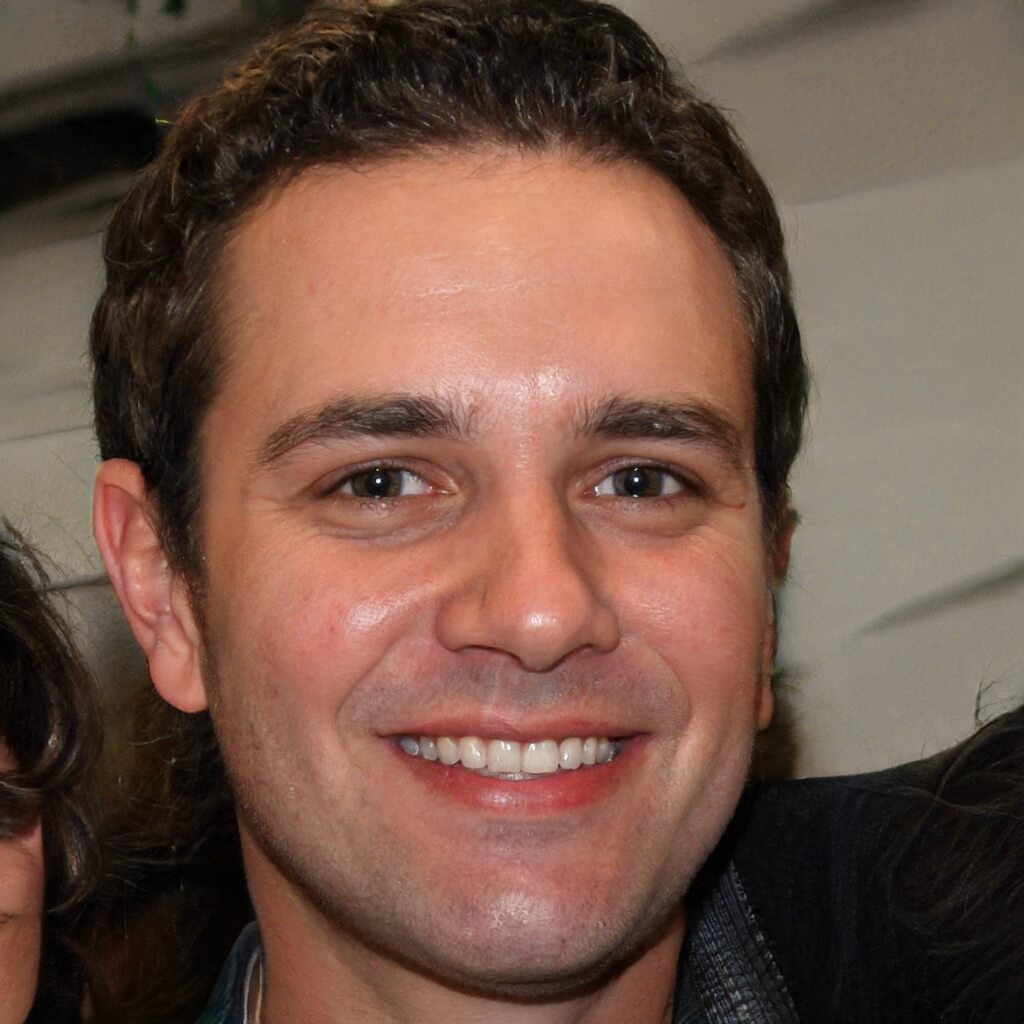
Published February 11, 2024 • 7m to read

